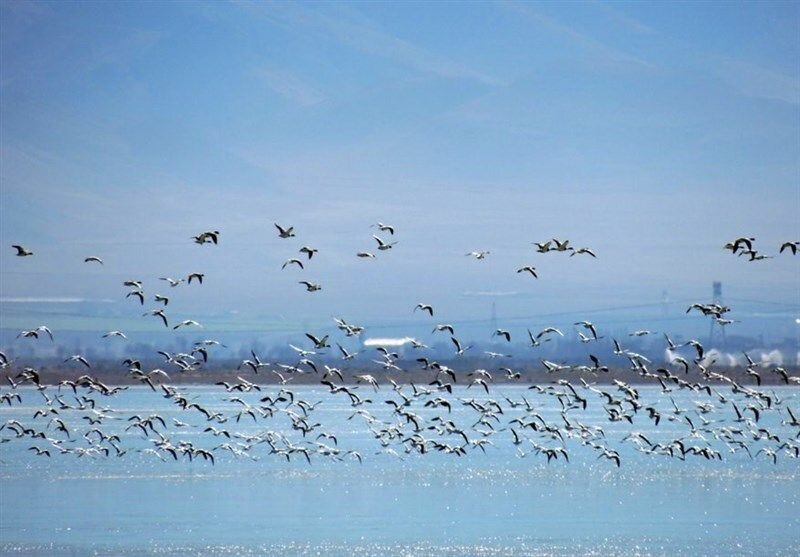Intl. effort on wetlands conservation to continue: official

TEHRAN –The implementation of projects in cooperation with international bodies to preserve and restore wetlands in the country will continue, Mojtaba Zoljoodi, an official with the Department of Environment (DOE) has said.
In 2015, the DOE initiated an effort with the United Nations Development Program (UNDP) aiming to preserve and revive the country's wetlands.
In the next phase in 2017, the government of Japan supported the project focusing on the sustainable management of water and soil resources around Urmia Lake as well as Shadegan and Bakhtegan wetlands.
It is a five-year plan, voluntarily supported by Japan, to take advantage of both their financial and technical assistance, ISNA quoted Zoljoodi as saying. Three years have passed since the implementation of the project, he added.
“To implement the program in the remaining two years, we are consulting with the government of Japan and other governments that are willing to cooperate with Iran to be able to implement the project properly.
The plan to conserve Iran's wetlands is one of the good practical projects that, if continues, can help not only the wetlands of Iran but also the wetlands of other countries.”
The results of the implementation of the project in 200 villages concerning water consumption have shown that a good amount of water in the agriculture sector has been saved. In addition, productivity, quality of the products, and the economic income of the family have increased.
Tehran-Tokyo environmental cooperation
On February 23, Ali Salajeqeh, head of DOE, said, bilateral relations and cooperation between Iran and Japan can be broadened, especially in environmental fields.
The conservation and restoration projects of Anzali Wetland and Lake Urmia are two typical examples of the joint actions taken by the Islamic Republic of Iran and Japan in the environmental fields, IRIB quoted Salajeqeh as saying.
He made the remarks while visiting the Japanese Embassy in Iran on the occasion of Japan’s National Day.
The cooperation is expected to continue towards capacity-building, modern technologies, and knowledge-sharing for waste management, protection of wetlands, prevention of dust storms, pollution control, and climate change, Salajeqeh added.
Referring to the efforts of the two countries to boost cooperation, Salajeqeh expressed hope that bilateral relations and cooperation between Iran and Japan expand further, especially in environmental fields.
Conservation projects
The Lake Urmai’s restoration program was established in 2013 and aims to restore the lake within a 10-year program. The contribution is being implemented as a component of UNDP’s ongoing Conservation of Iranian Wetlands Project – a joint project between Iran’s Department of Environment and UNDP.
Lake Urmia in the northwestern West Azarbaijan province started to dry up in the 2000s. The lake is the largest in West Asia and the sixth-largest Salt Lake in the world with a water surface area of 5,000 to 6,000 square kilometers.
The Conservation of Iranian Wetlands Project (CIWP), a joint initiative between the United Nations Development Program (UNDP) and the Government of Japan, led to saving water by 27 percent for irrigation in the country.
The three-year (2021-2024) cooperation between the DoE, Japan, and UNDP Iran has been initiated to up-scale successful practices to additional pilots in the Urmia Lake basin and two new replication sites including Shadegan and Bakhtegan Wetlands.
The use of some innovations, including subsurface irrigation systems for vineyards, has reduced irrigation water by more than 50 percent, IRNA quoted Mehri Asna-Ashari, the CIWP manager, as saying.
In Iran, 141 wetlands with ecological value with an area of over 3 million hectares have been identified, of which 25 wetlands are designated as wetlands of international importance (registered in the Ramsar Convention) covering more than 1.4 million hectares and four sites are biosphere reserves.
The third phase of the project started in June 2020, which outlined key strategies for the next five years, between Iran and the United Nations Development Program.
MT/MG
Leave a Comment